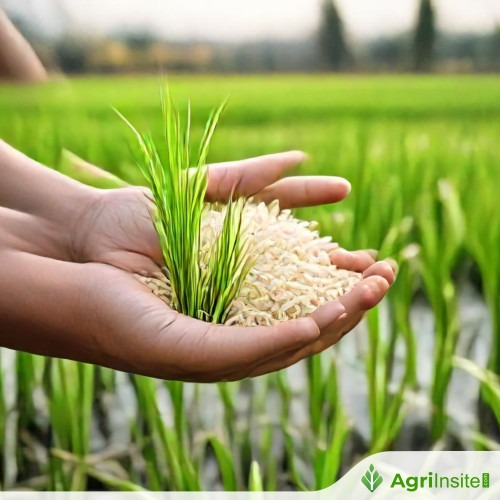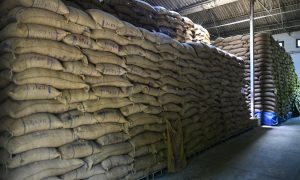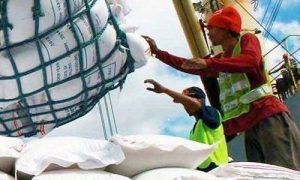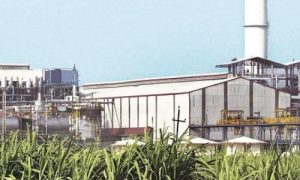Bangladesh Rice Research Institute develops 3 new varieties

Bangladesh Rice Research Institute (BRRI) has developed three new rice varieties, bringing its total to 121. Approved at the 114th National Seed Board meeting, the additions include BRRI Dhan-112 (salinity-tolerant), BRRI Dhan-113 (high-yielding Boro season alternative), and BRRI Dhan-114 (blast-resistant). These varieties aim to boost productivity, reduce disease risk, and expand cultivation into previously unsuitable areas.
These new additions bring the total number of rice varieties developed by BRRI to 121, including eight hybrid or high-yielding types.
The 114th National Seed Board (NSB) meeting authorised the three new varieties on Wednesday.
Agriculture Ministry Secretary Mohammad Emdad Ullah Mian presided over the meeting, which was attended by BRRI Director General Mohammad Khalequzzaman and senior officials from relevant ministries and departments.
The BRRI authorities said that among the newly developed varieties, BRRI Dhan-112 is salinity-tolerant and of medium duration. It is capable of yielding 4.14 to 6.12 tonnes per hectare, depending on the salinity level. Its lifespan is 120 to 125 days, and the plant height ranges from 103 to 105 centimetres.
Additionally, this variety has strong plants, which means it does not lodge easily. The grains are medium-fine, white, and clean, and the rice does not easily shatter from the panicles.
On the other hand, BRRI Dhan-113 has been developed as an alternative to the popular BRRI Dhan-29 variety used during the Boro season. It is high-yielding, with medium-fine grains. Its leaves are erect, wide, and long, and the plant remains green even when ripe. It is strong and does not bend easily. The average lifespan is 143 days. The rice is medium-fine and white, with an average yield of 8.15 tonnes per hectare.
The BRRI authorities also said that BRRI Dhan-114 is a long-duration, blast disease-resistant variety for the Boro season. Its leaves are dark green, and the plant is tall, wide, and strong, resisting lodging. Its average yield is 7.76 tonnes per hectare.
A key feature of this variety is its resistance to blast disease. As a result, farmers will not have to worry about blast infections, and production costs will be reduced.
In this regard, BRRI Director General Mohammad Khalequzzaman said, “Now that the varieties have been approved, we will be able to market these rice seeds. Farmers will benefit from cultivating these new varieties, and their production will increase. Rice could not be cultivated in coastal areas due to high salinity in the water. Now, our BRRI Dhan-112 can be easily cultivated in those areas.”
He added, “Apart from this, we are optimistic that the other varieties will also make an important contribution to our overall rice production.”
To Read more about Rice News continue reading Agriinsite.com
Source : Somoy News














